I am trying to use vk auth with martini. But have error on compile:
/goPath/vkAuthTry2.go:38: undefined: YourRedirectFunc
The question is how to define YourRedirectFunc function. Or if ask more widely I need working example of martini app with vk social network authentication or if even more widely an example of any golang website using vk authentication.
Full code:
package main
import (
"github.com/go-martini/martini"
"github.com/yanple/vk_api"
"net/http"
)
var api vk_api.Api
func prepareMartini() *martini.ClassicMartini {
m := martini.Classic()
m.Get("/somePage", func(w http.ResponseWriter, r *http.Request) {
// And receive token on the special method (redirect uri)
currentUrl := r.URL.RequestURI() // for example "yoursite.com/get_access_token#access_token=3304fdb7c3b69ace6b055c6cba34e5e2f0229f7ac2ee4ef46dc9f0b241143bac993e6ced9a3fbc111111&expires_in=0&user_id=1"
accessToken, userId, expiresIn, err := vk_api.ParseResponseUrl(currentUrl)
if err != nil {
panic(err)
}
api.AccessToken = accessToken
api.UserId = userId
api.ExpiresIn = expiresIn
w.Write([]byte("somePage"))
})
return m
}
func main() {
authUrl, err := api.GetAuthUrl(
"domain.com/method_get_access_token", // redirect URI
"token", // response type
"4672050", // client id
"wall,offline", // permissions https://vk.com/dev/permissions
)
if err != nil {
panic(err)
}
YourRedirectFunc(authUrl)
prepareMartini().Run()
}
Update
I edited my code according to @Elwinar's answer:
package main
import (
"fmt"
"github.com/go-martini/martini"
"github.com/yanple/vk_api"
"net/http"
)
var api vk_api.Api
func prepareMartini() *martini.ClassicMartini {
m := martini.Classic()
// This handler redirect the request to the vkontact system, which
// will perform the authentification then redirect the request to
// the URL we gave as the first paraemeter of the GetAuthUrl method
// (treated by the second handler)
m.Get("/vk/auth", func(w http.ResponseWriter, r *http.Request) {
var api vk_api.Api
authUrl, err := api.GetAuthUrl("http://localhost:3000/vk/token", "token", "4672050", "wall,offline")
if err != nil {
panic(err)
}
http.Redirect(w, r, authUrl, http.StatusFound)
})
// This handler is the one that get the actual authentification
// information from the vkontact api. You get the access token,
// userid and expiration date of the authentification session.
// You can do whatever you want with them, generally storing them
// in session to be able to get the actual informations later using
// the access token.
m.Get("/vk/token", func(w http.ResponseWriter, r *http.Request) {
accessToken, userId, expiresIn, err := vk_api.ParseResponseUrl(r.URL.String())
if err != nil {
panic(err)
}
fmt.Println(accessToken)
fmt.Println(userId)
fmt.Println(expiresIn)
})
return m
}
func main() {
prepareMartini().Run()
}
now no complie errors, but still cannot login.
When I opened http://localhost:3000/vk/auth I was redirected on page...
https://oauth.vk.com/authorize?client_id=MY_APP_ID&redirect_uri=localhost%3A3000%2Fvk%2Ftoken&response_type=token&scope=wall%2Coffline
... and got the following browser output:
{"error":"invalid_request","error_description":"redirect_uri is incorrect, check application domain in the settings page"}
Of course instead of 4672050 I pasted my app id. This app was specially generated for localhost:3000.
Maybe I need to paste somewhere my private key for oauth like pYFR2Xojlkad87880dLa.
Update 2
@qwertmax's answer almost works. I have successfully logged in by vk, but my code prints empty lines instead of userId and another user information:
accessToken, userId, expiresIn, err := vk_api.ParseResponseUrl(r.URL.String())
fmt.Println(accessToken)
fmt.Println(userId)
fmt.Println(expiresIn)
